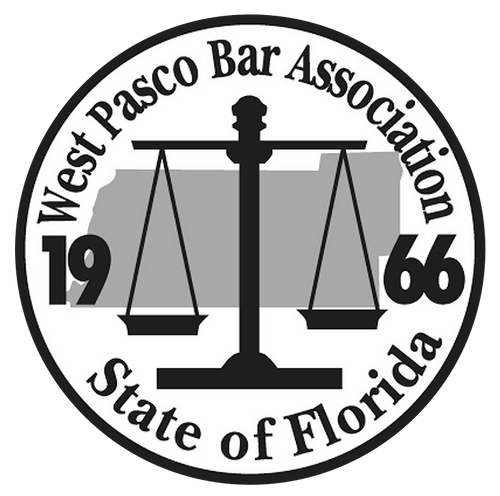3 Strategies to Minimize Your Estate Taxes
If you’re a Florida resident, you may have heard that the state doesn’t impose any estate taxes. While that’s true, it’s still important to be aware of other types of estate tax liability. For example, Florida residents are still responsible for paying federal estate taxes under certain circumstances. Florida residents could also be liable for estate taxes in another state if they own property there at the time they pass away. With that in mind, below are three strategies to consider using if you want to minimize your estate taxes.
1. Gift Your Assets to Loved Ones While You’re Still Alive
Generally speaking, the smaller your estate is at the time of your death, the less your estate will need to pay in estate taxes. So, if it makes sense for you financially, you may want to consider beginning to give away your assets now. A qualified estate planning attorney can counsel you on how much to give and how often so that you fall within annual and lifetime allowances and don’t inadvertently become liable for gift taxes.
2. Fund a Trust
Certain types of trusts can help minimize your estate tax liability, including:
- Irrevocable trusts – As its name suggests, an irrevocable trust typically can’t be changed or revoked once it’s created. As such, when you fund an irrevocable trust, the assets stop belonging to you and are instead controlled by the terms of the trust, which is why they’re not subject to estate taxes. Keep in mind, though, that beneficiaries of an irrevocable trust may be responsible for paying income taxes.
- Life insurance trusts – Did you know that proceeds from a life insurance policy can be taxed if they become part of your estate? To prevent that from happening, you may want to consider setting up an irrevocable life insurance trust and transferring ownership of the trust to a third party. If you’re interested in doing this, it’s important to act quickly, since your life insurance proceeds could still be taxed if you pass away too quickly after transferring ownership.
- Qualified personal residence trusts (QPRTs) – If you own your home, transferring it into a QPRT could help you avoid estate taxes. Essentially, you’ll place your home into an irrevocable trust that grants you the right to continue living there for a specified number of years. Keep in mind, however, that the property will be returned to your estate if you pass away before the end of that term. And if you outlive that term, ownership of the home will pass to your beneficiaries at that time, meaning that you’d lose the right to continue living there.
It’s important to note that certain types of trusts are still subject to estate taxes—for example, using a revocable trust (sometimes referred to as a “living trust”) usually won’t help you avoid being taxed—so it’s important to speak to an attorney who regularly handles trusts.
3. Meet With an Experienced Estate Planning Attorney
While many people can benefit from the strategies described above, your best source for personalized estate planning advice is an attorney who specializes in this area of the law. After learning about your circumstances and your goals for the future, an estate planning lawyer will be able to recommend a customized approach that protects the interests of both you and your beneficiaries.
Fortunately, if you’re in the Tampa Bay region, you can get the estate planning advice you need from the knowledgeable team at The Lyons Law Group, P.A. With offices in New Port Richey, FL, and Spring Hill, FL, we’re a convenient choice for residents of Pasco County, Hernando County, and the surrounding area. We have experience with a wide range of estate planning tools, including wills, trusts, powers of attorney, living wills, and health care surrogate designations. And because we’ve been in business since 2008 and earned a spot on the Law Firm 500 list, you can feel confident entrusting us with your estate planning needs. Contact us today to schedule a free initial consultation.





